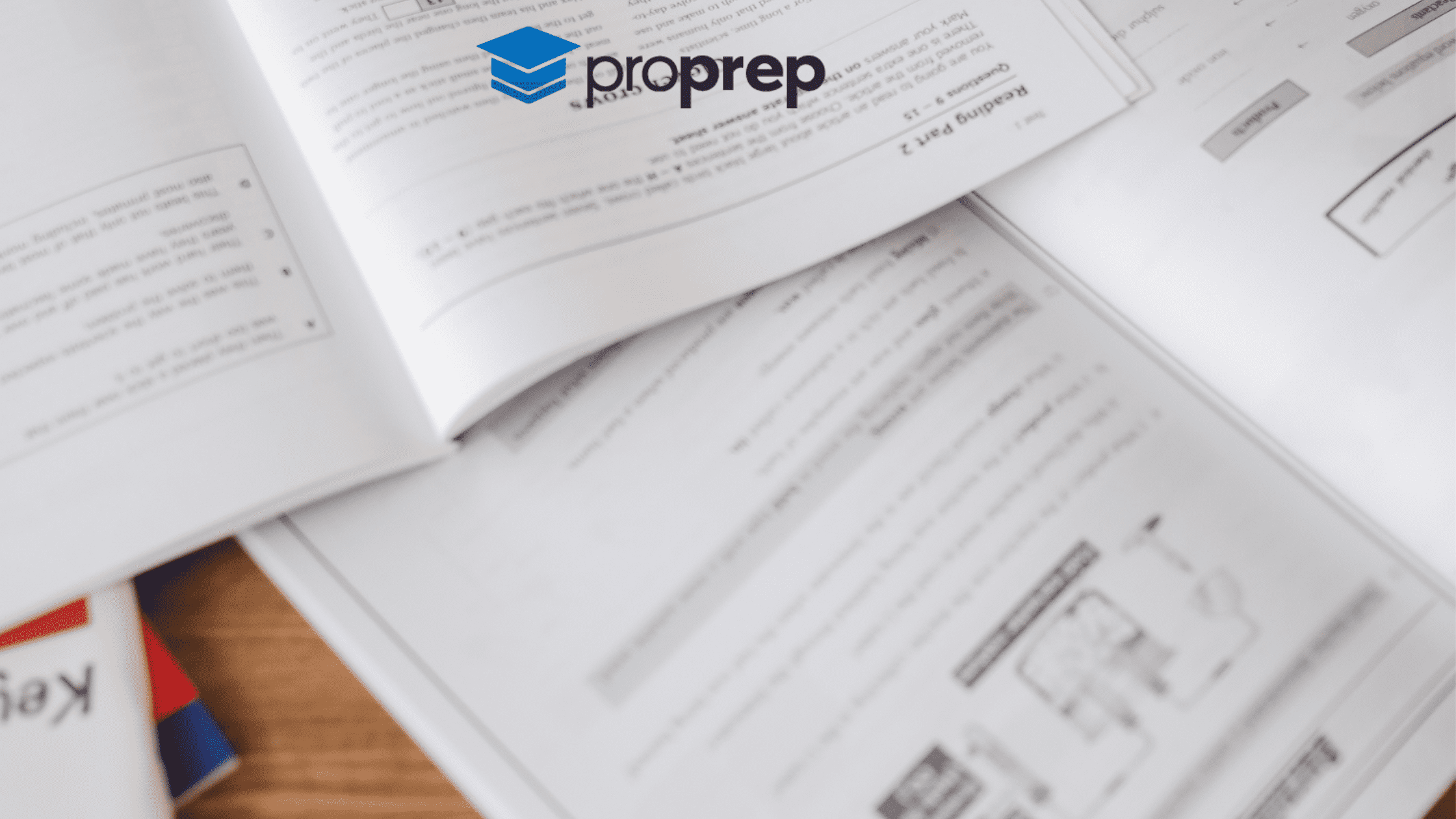In life, having a sense of direction is crucial for reaching your desired destination. Setting goals provides a roadmap to success, whether you’re a student, a professional, an entrepreneur, or someone looking to build a fulfilling life.
SMART goals are an effective framework for creating goals that are specific, measurable, achievable, relevant, and time-bound. By implementing the SMART principle, you can increase your chances of success and track your progress along the way. In this blog post, we’ll delve into the world of SMART goals for students, exploring their significance and providing practical tips for managing and achieving them.
Understanding SMART Goals:
Begin by grasping the concept of SMART goals. We’ll break down each element of the SMART acronym:
Specific:
The “S” in SMART stands for Specific. A specific goal is clear, well-defined, and focused. It answers the questions of what you want to accomplish, why it is important, who is involved, and what resources are required. By being specific, you eliminate ambiguity and create a clear direction for your goal.
Measurable:
The “M” in SMART represents Measurable. A measurable goal is one that can be quantified or assessed to track progress and determine success. It involves establishing specific criteria or indicators that can be measured objectively. By setting measurable goals, you can evaluate your progress, stay motivated, and make adjustments if needed.
Achievable:
The “A” in SMART stands for Achievable. An achievable goal is one that is realistic and within your reach. It takes into account your current abilities, resources, and constraints. While it is essential to challenge yourself, an achievable goal ensures that it is feasible and attainable given the circumstances. Setting achievable goals increases your confidence and motivation to strive for success.
Relevant:
The “R” in SMART signifies Relevant. A relevant goal is one that aligns with your overall objectives, values, and priorities. It is meaningful and directly related to your desired outcomes. A relevant goal ensures that your efforts are focused on what truly matters to you and contributes to your personal or professional growth. By setting relevant goals, you can maintain clarity and avoid wasting time and energy on irrelevant pursuits.
Time-bound:
The “T” in SMART emphasizes the importance of setting a timeframe or deadline for your goal. A time-bound goal has a specific target date or timeline by which it should be achieved. This element adds a sense of urgency and helps you stay focused on taking action and making progress. Having a deadline provides a clear timeframe for planning, organizing, and prioritizing your efforts. It also enables you to track your progress effectively and hold yourself accountable to complete the goal within the specified time.
The Importance of SMART Goals for Students:
Discover the benefits of adopting SMART goals in your personal and professional life. By focusing your efforts on achievable and meaningful objectives, you can enhance motivation, maintain accountability, and optimize your chances of success. Understand how SMART goals help you prioritize your actions and eliminate distractions, ultimately propelling you toward your aspirations.
How to Set a SMART Goal:
Step into the realm of practical application and learn how to set a SMART goal effectively. Follow a step-by-step guideline that begins with identifying your objectives, aligning them with your values, and considering both short-term and long-term visions. From there, make your goals specific, measurable, achievable, relevant, and time-bound. Gain insights into crafting well-defined objectives that are easy to focus on, measure, and work towards.
Implementing and Managing SMART Goals for Success:
Setting goals is just the first step; effectively managing them is equally important. Discover strategies for implementing and managing your SMART goals to ensure consistent progress. Learn how to break down your goals into manageable tasks, stay motivated, and maintain focus. Explore the significance of evaluating your progress and making adjustments to your plan when necessary. With practical tips and techniques, you’ll be equipped to overcome challenges and navigate your path to success.
Final thoughts: SMART goals for Students
By harnessing the power of SMART goals, you can unlock your true potential and make significant strides toward your dreams. With their specific, measurable, achievable, relevant, and time-bound nature, SMART goals for students provide a framework for focused and effective goal management.
Implementing the SMART strategies will empower you to set meaningful objectives, track your progress, and adapt your approach as needed. Embrace the SMART goal philosophy, and witness the transformative impact it can have on all areas of your student life. Remember, the journey towards your goals begins with the first step. Start now and discover the incredible possibilities that await you on your path to success as a student.




